2019 University of Regina Press
All rights reserved. No part of this work covered by the copyrights hereon may be reproduced or used in any form or by any meansgraphic, electronic, or mechanicalwithout the prior written permission of the publisher. Any request for photocopying, recording, taping or placement in information storage and retrieval systems of any sort shall be directed in writing to Access Copyright.
Printed and bound in Canada at Friesens. The text of this book is printed on 100% post-consumer recycled paper with earth-friendly vegetable-based inks.
Cover and text design: Duncan Noel Campbell, University of Regina Press
Copy editor : Nadine Coderre
Proofreader : Dallas Harrison
Indexer : Patricia Furdek
Cover art : An angry St. Johns crowd marching on the Colonial Building, the Newfoundland seat of power, during the Great Depression, 1932. Reproduced with permission of The Rooms Provincial Archives, A 19-20, St. Johns, NL .
Library and Archives Canada Cataloguing in Publication
Title: Where once they stood : Newfoundlands rocky road towards Confederation / Raymond B. Blake & Melvin Baker.
Names: Blake, Raymond Benjamin, author. | Baker, Melvin, author.
Description: Includes bibliographical references and index.
Identifiers: Canadiana (print) 20189068000 | Canadiana (ebook) 20189068019 | ISBN 9780889776197 (hardcover) | ISBN 9780889776074 (softcover) | ISBN 9780889776081 ( PDF ) | ISBN 9780889776098 ( HTML )
Subjects: CSH : Newfoundland and LabradorPolitics and government1855-1934. | Newfoundland and LabradorPolitics and government1934-1949. | Newfoundland and LabradorHistory1855-1934. | Newfoundland and LabradorHistory1934-1949.
Classification: LCC FC2173.2 .B53 2019 | DDC 971.8/02 dc23
10 9 8 7 6 5 4 3 2 1

University of Regina Press, University of Regina Regina, Saskatchewan, Canada, s4s 0a2 tel: (306) 585-4758 fax: (306) 585-4699 web: www.uofrpress.ca
We acknowledge the support of the Canada Council for the Arts for our publishing program. We acknowledge the financial support of the Government of Canada. / Nous reconnaissons lappui financier du gouvernement du Canada. This publication was made possible with support from Creative Saskatchewans Creative Industries Production Grant Program and with the help of a grant from the Federation for the Humanities and Social Sciences, through the Awards to Scholarly Publications Program, using funds provided by the Social Sciences and Humanities Research Council of Canada.
For Ben and Robert, who joked the story we tell here was a case of No By, Yes By
Raymond Blake
For Emily Baker Nash (19512016) Melvin Baker
Contents
Preface
When scholars, students, and citizens turn their attention to the making of Canada and Confederation, they focus almost exclusively on the period from the early 1860s to 1867. That year, 1867, after all, was when several British colonies came together and created Canada as a nation-state. Canadians have marked the anniversary of that important moment on a number of occasions with considerable pomp and ceremony, notably and most recently in 2017 with the sesquicentennialthat is, the 150th anniversaryof Canadian Confederation. To many Canadians, however, their provinces did not become a part of Canada until the years after 1867, and for First Nations and other Indigenous Peoples the origins of Canada extend far earlier than that date. While Manitoba, British Columbia, and Prince Edward Island joined in the years immediately following 1867, Saskatchewan and Alberta became provinces nearly four decades later. Confederation took a very long time in Newfoundland. It remained outside of Canada until 1949, more than eight decades after 1867.
This book considers the issue of Confederation in Newfoundland politics from the early 1860s, whenlike the other British North American coloniesit seriously turned its focus to union, until 1949, when it finally became a province of Canada. We are particularly interested in those periods when the union of Newfoundland with Canada was a clear issue in Newfoundland politics, such as in 1869 and 1948, as well as when it was considered tangential or even a distraction by political leaders and their parties. The issue of Confederation was used frequently by a variety of politicians to smear their opponents and to score favour with the electorate. We begin that journey with Frederic Bowker Terrington Carter and Ambrose Sheas dispatch by the Newfoundland government to monitor the constitutional talks in Quebec City in 1864, through Newfoundlands 1869 election on whether or not to join the other British North Americans in union, to the attempts at economic development and diversification in the late nineteenth and early twentieth centuries as ways to stave off Confederation. Throughout those decades, cleavages began to develop between St. Johns and the rest of the colony, tension that would ultimately factor prominently in the decision of Newfoundlanders to become part of Canada in 1949. We also consider the rise of the Fishermens Protective Union, which provided the first inklings of organized discontent among Newfoundlands fishermen and their families and their demands for a greater share of the countrys wealth through what we term social citizenship , which also became pivotal in the debate about Confederation in the late 1940s. Throughout those periods, we keep our focus on Newfoundlands growing relations with Canada and Newfoundlands flirting with the possibility of union, as well as Canadas interest in Newfoundland. We continue the focus into the First World War and the collapse of the Newfoundland economy in the 1930s when Canadas influence grew in Newfoundland and the consideration of union with Canada was never far from the public agenda. Finally, we turn to the Second World War when Canadian and American troops occupied much of Newfoundland, then to the National Convention that considered constitutional options for Newfoundland in the postwar period, and finally to the 1948 referendum campaigns when, after decades of saying no to Confederation, Newfoundlanders resisted the international trend favouring smaller and smaller independent nations. At last, they said yes to union with Canada.
We believe that in the pages that follow we offer an important reinterpretation of Newfoundlands journey to Canada and Confederation, which does not in any way diminish the work of past and current historians and other academics and scholars who, each in his and her own way have contributed, collectively and immensely, to the understanding of Newfoundlands path to union with Canada. In fact, we acknowledge gratefully their tremendous efforts and have benefitted from their prodigious and important work. In particular, the scholarship of fellow historians and, in many cases, great friends, Peter Neary, Malcolm MacLeod, James Hiller, Andrew Smith, Jeff Webb, Sean Cadigan, Ged Martin, Frederick Jones, Sid Noel, Richard Gwyn, Kurt Korneski, John FitzGerald, Corey Slumkoski, Karen Stanbridge, Patrick OFlaherty, David MacKenzie, Phil Buckner, and others, has provided immense insight into what follows below.
Despite the efforts of earlier academics and historians, many Canadians, particularly those in Newfoundland and Labrador, want to believe that Newfoundlands decision to join Canada in 1948 was simply a great conspiracy orchestrated by the British and Canadian governments and that the Newfoundlanders themselves were never told about the horrible deeds being perpetrated against them. Conspiracy theories might make for good entertainment, but they unfortunately contribute to the propagation of mistruths and myths, and they certainly make for poor history. It is good history that we are interested in promoting here, and to do that we turn our focus on Newfoundland voters, especially those who participated in pivotal campaigns and elections, particularly in 1869 and 1948but at other times toowhen they had to make a decision on whether or not they would support union with Canada. For a long time, the losersif we can use that word loosely to identify (1) those who did not prevail in bringing Newfoundland into Canada on the 1869 vote on Confederation and (2) those who failed to keep Newfoundland out of Canada in 1949have blamed the ignorance and stupidity of voters for why the result in 1869 went against Confederation, and why in 1948 the vote went against those who favoured a return to responsible government and had campaigned against Confederation. We show here that in those two contests over Confederation, Newfoundland voters themselves made informed decisions. We demonstrate that Newfoundland voters should not be explained away as ill-informed, illiterate, and easily swayed by prejudice and hysteria or by the emotional appeal of demagogues, not in 1869 and not in 1948. We challenge the long-standing idea that Confederation was rejected in 1869 and accepted in 1948 because of the stupidity and ignorance of the voter or because the electorate was uneducated and poor and, hence, did not really understand the issues. We argue that Newfoundlanders, in fact, made informed and rational choices for rejecting Confederation in 1869 and for choosing Canada in 1948. By 1948, we also contend, a new relationship had emerged between state and citizena social citizenship whereby the state would provide all Newfoundlanders a basic level of social and economic stability and well-being to which many were unaccustomed but naturally aspired. This shift in the notion of citizenship from political and constitutional imperatives to social and economic ones was a decisive factor in the narrow vote for Confederation because it promised voters full participation in the states economic, social, and political life. In 1869, political citizenship was an important factor in the decision to reject union with Canada, but by 1949, social citizenship, combined with political citizenship, gave the advantage to the Confederate side. Moreover, unlike in 1869 when women could not vote, by 1948 they could, and we believe the votes of women made an important difference to the outcome.

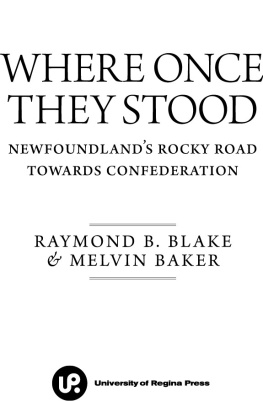
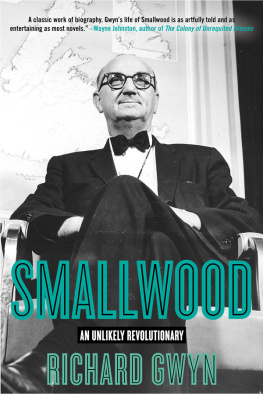
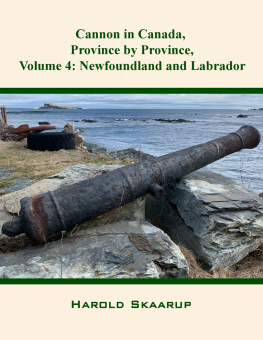
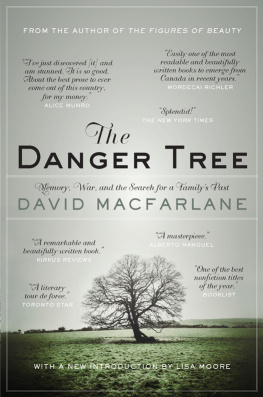
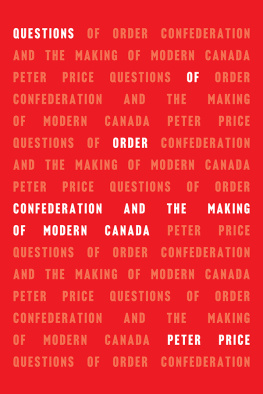
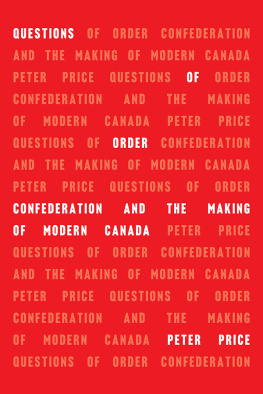

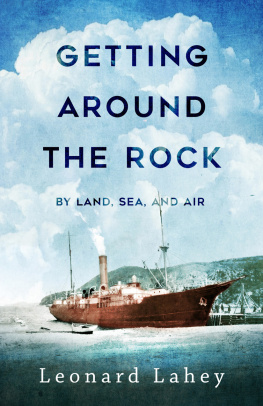
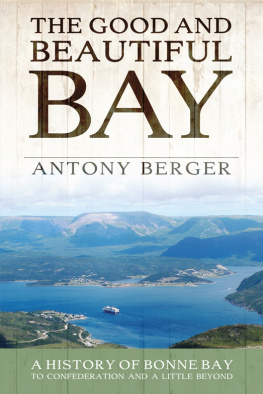

 University of Regina Press, University of Regina Regina, Saskatchewan, Canada, s4s 0a2 tel: (306) 585-4758 fax: (306) 585-4699 web: www.uofrpress.ca
University of Regina Press, University of Regina Regina, Saskatchewan, Canada, s4s 0a2 tel: (306) 585-4758 fax: (306) 585-4699 web: www.uofrpress.ca